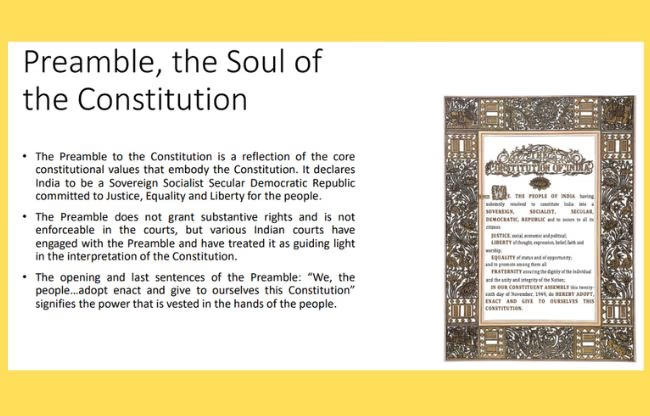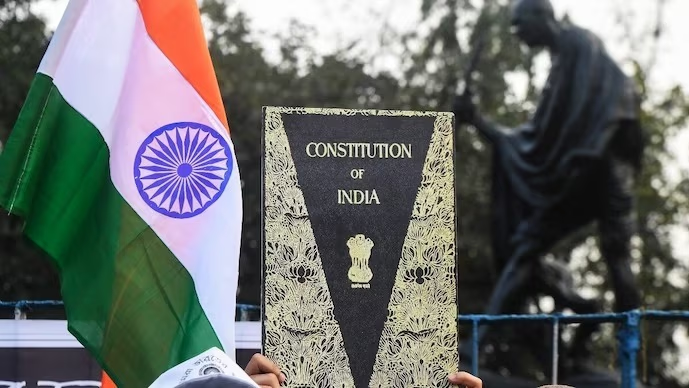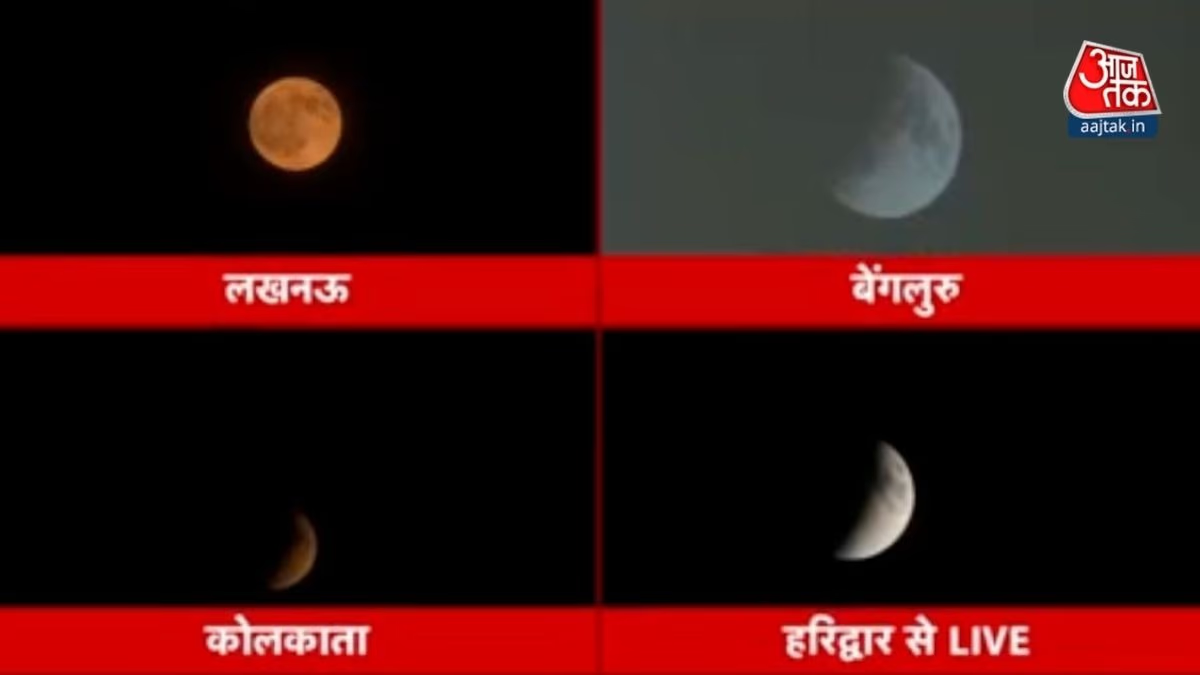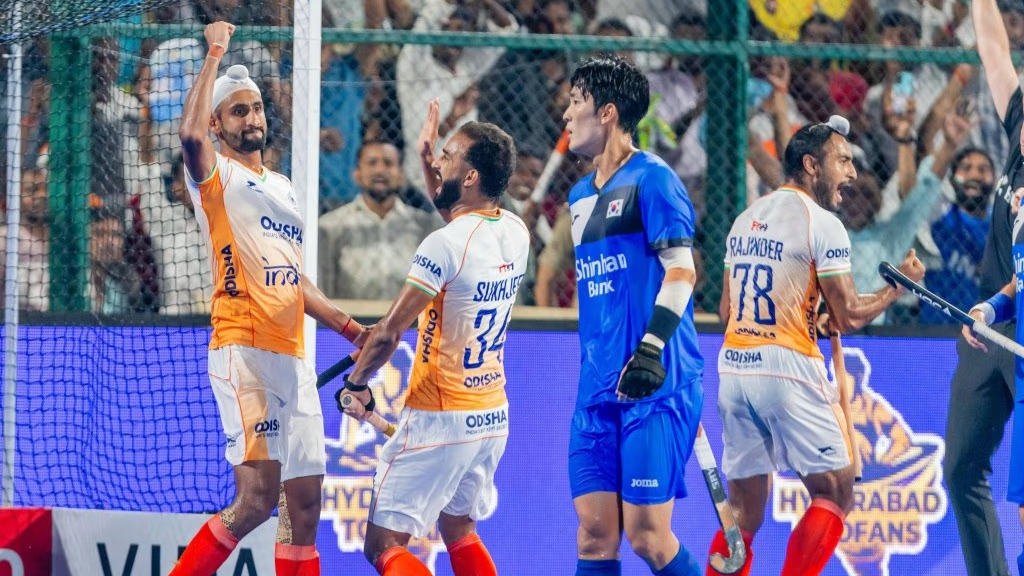Is it possible to amend the Preamble of the Constitution? This question arises as the Supreme Court has postponed the hearing of a petition demanding the removal of the words 'secular' and 'socialist' until August. This petition was filed by BJP leader and former Rajya Sabha MP Subramanian Swamy.
Along with Swamy's petition, there are two more petitions in the Supreme Court demanding the removal of these words. Hence, Justice Sanjeev Khanna has set a post-August 12th date for hearing these petitions.
How were the words 'secular' and 'socialist' included in the Constitution's Preamble? On what ground is their removal being demanded now? And can such an amendment really take place? Let's find out...
The Controversial 42nd Amendment of 1976
Between June 1975 and March 1977, the then Prime Minister Indira Gandhi made several amendments to the Constitution. But the most significant amendment occurred in December 1976. The Indira government enacted the 42nd amendment to the Constitution.
Widely regarded as the most controversial amendment, it made several changes to the Constitution, earning it the nickname 'Mini Constitution.'
The 42nd amendment added three words to the Constitution's Preamble - 'socialist', 'secular', and 'integrity'. This was the first and last time that changes were made to the preamble. The rationale for adding these words was the need to develop the country religiously, socially, and economically.
The major highlight of the 42nd amendment in 1976 was that it made the decisions of Parliament unchallengeable in court. Additionally, the tenure of parliamentarians was extended from five to six years.
One of the provisions of the 42nd amendment prioritized the directive principles of state policy over fundamental rights, potentially depriving an individual of their fundamental rights. Furthermore, it vested the central government with the power to deploy military or police forces to any state for maintaining law and order.
The 44th amendment enacted by the Janata Party government that came to power in 1977 repealed many provisions of the 42nd amendment, though the changes to the Preamble remained untouched.
Read More:

Source: aajtak
Why the Demand to Remove These Words Now?
Subramanian Swamy, in his petition, challenges the legality of adding 'secular' and 'socialist' to the Constitution's Preamble, arguing that such amendments exceed Parliament's authority under Article 368. In other words, he contends that Parliament can't make such constitutional amendments.
However, during the last hearing, the Supreme Court stated that it's incorrect to assert the Constitution couldn't be amended. They encouraged the lawyers to consider from an academic point of view whether the Preamble could be amended or not.
The petition claims that the Constitution's framers never intended to introduce 'secular' and 'socialist' terms in democratic governance and alleges Dr. B.R. Ambedkar himself declined to include these words.
Meanwhile, CPI (Communist Party of India) Rajya Sabha MP Binoy Viswam argued against these petitions, stating that 'secularism' and 'socialism' are characteristics of the Constitution, so incorporating these words into the Preamble does not alter its basic structure.
Read More:
So, Can These Words be Removed?
According to Article 368 of the Constitution, Parliament can amend the Constitution, albeit with certain limitations. The historic decision in the Kesavananda Bharati case in 1973 by a 13-judges bench in the Supreme Court dictated that Parliament has the power to amend the Constitution but can't alter its basic structure as laid out in the Preamble.
The Supreme Court clarified that no amendment can go against the Constitution's Preamble. However, just three years later, the 42nd amendment added those three contentious words to the Preamble.
Determining the fate of the 'secular' term, Justice Sanjeev Khanna stated in a hearing that several Supreme Court decisions perceive secularism as part of the Constitution's basic framework. Regarding 'socialist', he mentioned that perhaps a unique definition has been ascribed by us.
The Supreme Court has scheduled to hear Subramanian Swamy's and the two other petitions after August 12th.




